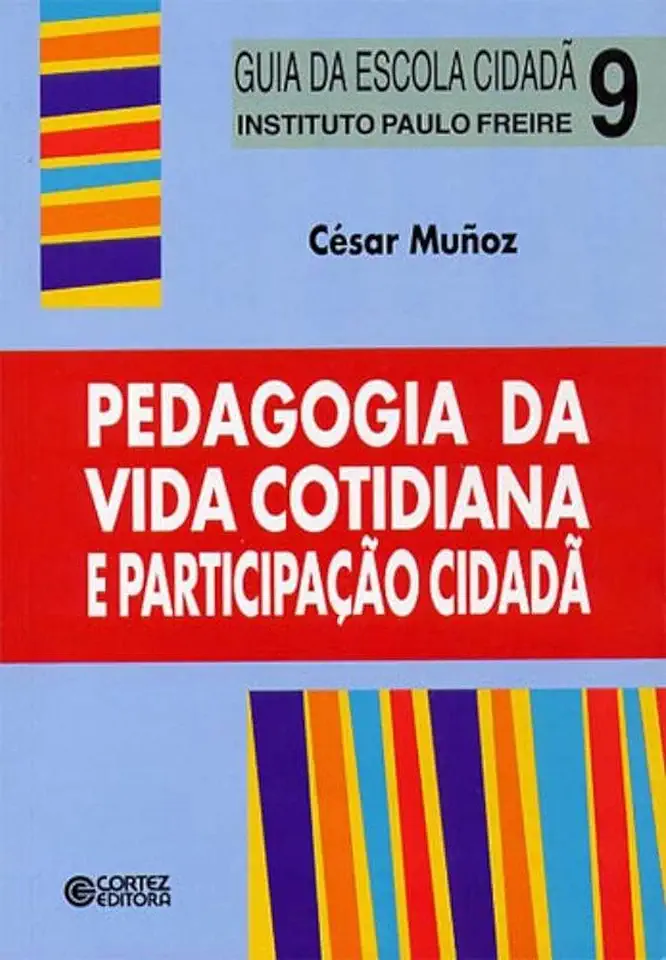
Pedagogy of Everyday Life and Citizen Participation - César Muñoz
Pedagogy of Everyday Life and Citizen Participation: A Transformative Approach to Education and Social Change
In his groundbreaking book, "Pedagogy of Everyday Life and Citizen Participation," César Muñoz presents a powerful and transformative vision for education and social change. Drawing on his extensive experience as an educator and activist, Muñoz argues that education should not be confined to the walls of traditional classrooms, but rather should be integrated into the fabric of everyday life. By engaging in critical reflection on their own experiences and the world around them, individuals can become empowered citizens who actively participate in shaping a more just and equitable society.
Key Concepts and Themes
Everyday Life as a Site of Learning: Muñoz challenges the traditional view of education as something that takes place only in formal settings, such as schools and universities. He argues that learning is a lifelong process that occurs in all aspects of our lives, from our interactions with family and friends to our experiences in the workplace and the community. By recognizing the potential for learning in everyday life, we can open up new possibilities for personal and social transformation.
Critical Reflection and Praxis: Muñoz emphasizes the importance of critical reflection as a tool for understanding and transforming the world around us. By critically examining our own experiences and the social structures that shape our lives, we can identify the root causes of injustice and inequality and develop strategies for change. This process of critical reflection, combined with action (praxis), is essential for creating a more just and democratic society.
Citizen Participation and Social Change: Muñoz argues that education should not only be about acquiring knowledge, but also about developing the skills and dispositions necessary for active citizenship. By engaging in community service, political activism, and other forms of citizen participation, individuals can contribute to the creation of a more just and sustainable world. Education, therefore, should be seen as a tool for empowering individuals to become active agents of social change.
Innovative Pedagogical Approaches
Muñoz proposes a number of innovative pedagogical approaches that can be used to promote critical reflection and citizen participation. These approaches include:
- Problem-posing education: This approach encourages students to identify and analyze real-world problems and develop solutions to address them.
- Dialogical education: This approach emphasizes the importance of dialogue and collaboration in learning, allowing students to share their experiences and perspectives and to collectively construct knowledge.
- Experiential learning: This approach involves learning through direct experience, such as community service, internships, and field trips, which allows students to apply their knowledge to real-world situations.
Conclusion
"Pedagogy of Everyday Life and Citizen Participation" is a must-read for anyone interested in education, social change, and the creation of a more just and democratic society. Muñoz's transformative vision of education offers a powerful framework for reimagining the way we learn and the way we participate in the world around us. By embracing the potential for learning in everyday life and engaging in critical reflection and citizen participation, we can create a better future for ourselves and for generations to come.